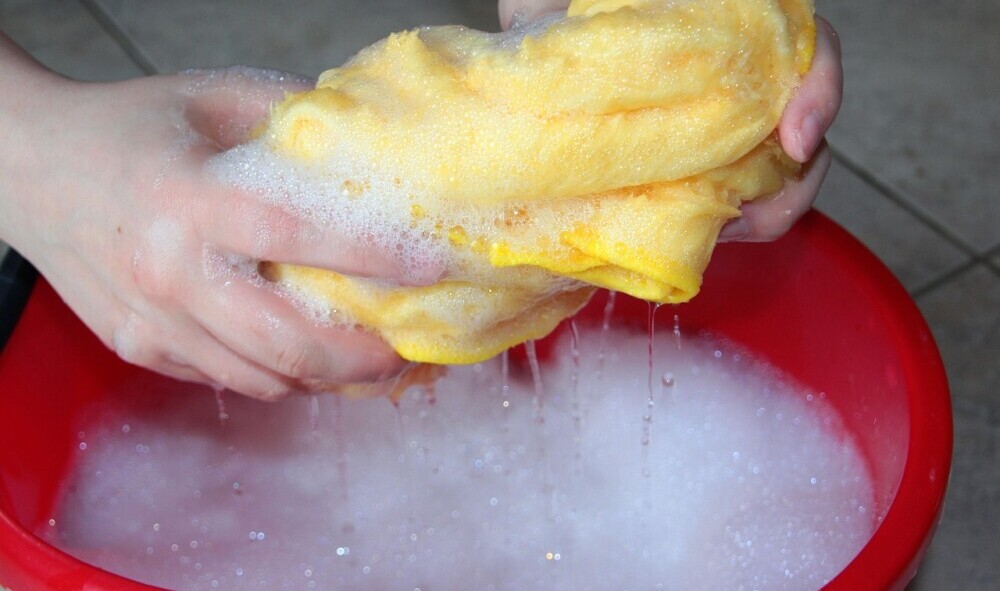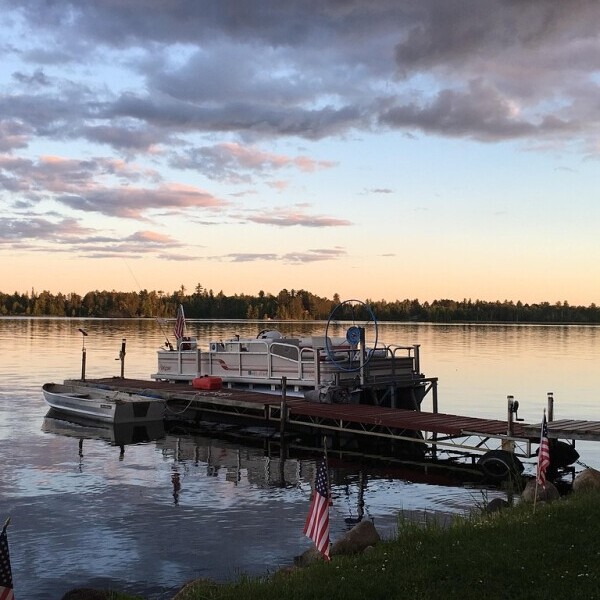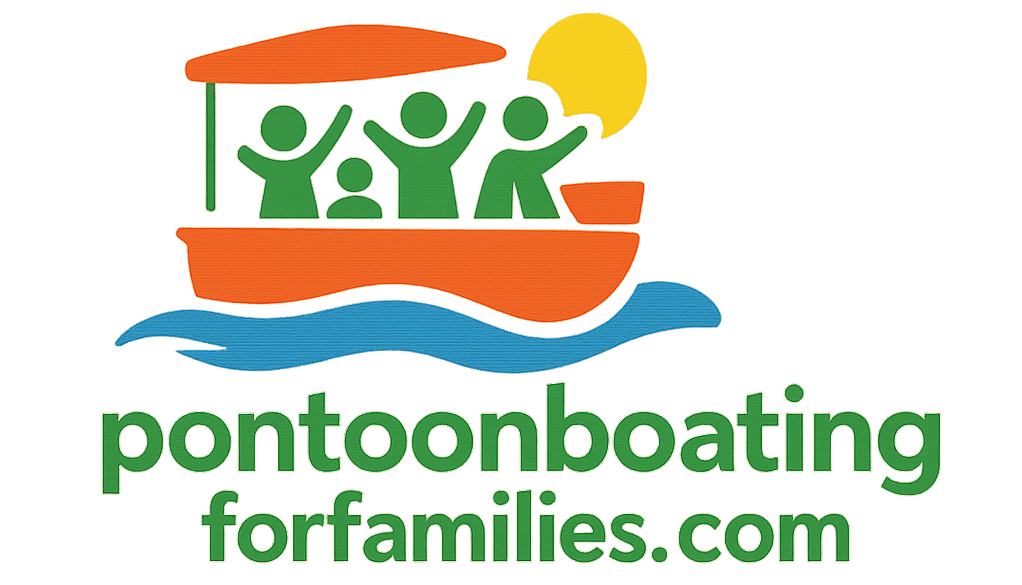Pontoon boats have a well-deserved reputation for comfort, space, and endless fun on the water. Still, picking out your first pontoon boat can bounce you between giddy excitement and some real confusion.
With so many different types, add-ons, and features, settling on the best boat for your needs often feels like a massive project. Having walked this road myself, I know how much it helps to ask the right questions up front.
If you’re just getting started, here’s a super detailed guide packed with what I wish I’d known before I bought my first pontoon.

What to Think About Before Buying a Pontoon Boat
It’s easy to get taken in by that first onboard experience, picturing lakeside barbecues and lazy tubing afternoons. Before your imagination runs wild, though, it pays to focus on a few basics. The biggest questions to ask yourself are: How exactly will you use this boat? Who’s coming along with you? These two points often shape every other decision you’ll make while shopping.
How Will You Use Your Pontoon?
Pontoon boats aren’t just floating party islands. Some shine for fishing, others are all about relaxed cruising, and plenty are specially built for towing water sports. To zero in on the right style, I always start by listing out what I want most: shady lounges for quiet sunset cruises, fishing gear like rod holders and a livewell, or perhaps a beefed-up sound system and waterslide for family party days. You’d be amazed by the variety of ways you can customize your boat to match your crew’s personality.
Many new buyers want a boat that can do a bit of everything. If you love fishing but also need deck space for lounging, you can usually strike a good balance-such as fishing chairs up front and plush seats everywhere else. Anyone thinking about water skiing or tubing should look into something peppier, as extra horsepower matters for those activities.
Also, think ahead: Do you want to host big groups, or keep it intimate? Will the boat be used on a quiet lake or busier, rougher waters? Laying out the answers to these questions narrows down your shopping list.
Pontoon vs. Tritoon: What’s the Deal?
The main split in pontoon design comes down to how many tubes your boat rides on. Classic pontoon boats balance on two tubes under the deck. This setup works great for calm water, slower rides, and a laid-back atmosphere. Add a third tube, creating a so-called tritoon-and you now have a boat ready for higher speed, rougher water, more people, and more power. Tritoons generally step up the game with extra stability, making them perfect for water sports or for taking on bigger, busier lakes.
Be aware, though, tritoons usually cost more and could require a heavier trailer and a stronger tow vehicle. The trailer size and weight can impact storage options and the type of launch ramps you can use. Price difference aside, the added performance and confidence in choppy conditions are worth thinking about if you want flexibility in how and where you use your boat.

Finding a Good Dealer Makes Life Easier
Falling in love with a boat at a show or on a website is just the start. Having a good local dealer on your side can make or break your boating experience. Professional dealers are a major help when it comes to service, warranty repairs, storage advice, and even recounting common issues with particular models. I always recommend doing a quick search for nearby dealers, reading plenty of unbiased reviews, and checking out virtual showrooms or video walkarounds if they have them. Dealers with their own service staff and experienced mechanics are a true asset for new buyers—these relationships matter whenever a problem pops up, especially during the busy boating season.
Questions to Ask Your Dealer
- Pontoon Decking/Flooring: Ask what flooring comes standard (usually marine carpet or vinyl) and which upgrades are available. Many people like the look and feel of woven vinyl or faux teak. Each choice comes with its own pros and cons when it comes to maintenance and comfort.
- Performance Packages: If you’re considering a tritoon or higher-powered pontoon, check what performance packages can be added. These might include upgraded strakes or larger fuel tanks, which help with towing, speed, and rough-water handling.
- Seasonal Prep: Not all regions offer year-round boating, so ask about winter storage, local shrink-wrapping options, or the best covers for your model. Good dealers will even offer maintenance schedules for your region’s climate.
- Warranty Coverage: Dig into the fine print for what’s covered; hull, deck, electronics, and motor all matter here. Some brands provide long-term warranties for the structure and decking, giving extra peace of mind for new boaters.
Pontoon Features Worth Checking Out
While open deck space is a huge perk, a few extra features truly take your days on the water up a notch:
- Changing room/pop-up privacy station: A surprising must-have for families or those spending long days on the water. Great for swimsuit changes and bathroom breaks.
- Bimini top or double Bimini: Shade is super important. Loads of summer sun wears out guests and pets quickly! More shade equals more comfort.
- Portable or built-in grills: Nothing beats grilling burgers and hot dogs out in the middle of the lake. Many models have mounts made just for this.
- Upgraded sound system: If anchor-up parties or floating relaxation are high on your agenda, springing for a Bluetooth stereo with extra speakers is a game-changer.
Keeping Your Pontoon in Top Shape
Pontoons tend to be easier to care for than many fiberglass boats, but a little regular attention goes a long way:

- Cleaning: Vinyl seats are low-maintenance compared to fabric, but some flooring (like carpet) can trap sand and lake water—expect it to need a good vacuum now and then. If your boat stays outdoors, a snug cover will protect your investment and makes clean-up much simpler.
- Winter Storage: In colder regions, plan on a shrink-wrap job or at least a heavy-duty cover along with dry inside storage. Check with your dealer for advice on battery care, fuel stabilizer, and moisture control in your area.
- Engine Maintenance: Most pontoons feature outboard motors, which tend to be simpler for owners to keep in shape. Usually, this just means an annual service and regular visual checks, depending on how hard you run the boat over the season.
Sticking to routine care keeps your boat looking sharp and ready for action every season. Attention to detail now will pay off with smoother rides and better resale value down the road.
Pontoon Outboard Motor: What Horsepower Do You Need?
Outboard motors vary a ton in power, but choosing the right size isn’t only about going fast. Horsepower affects everything: cruising speed, carrying capacity, fuel costs, and whether you can safely tow kids or friends on tubes, skis, or boards. Here’s a handy reference:
- Pontoons for easygoing cruises: 40–60 HP is usually plenty for a quiet ride with light loads.
- Family groups and light watersports: 90–150 HP gives you towing ability for water sports, plus comfortable cruising with extra people and gear.
- Bigger crowds and tritoons: Boats with 200 HP (or more) become the choice for those who want higher speeds, more people onboard, or who regularly cruise choppier lakes.
Always check the maker’s recommended horsepower max. Overpowering is both unsafe and can run into insurance problems, which you definitely want to avoid.
What Does It Take to Own a Pontoon?
Getting a pontoon ready for the season takes some organization, from loading up gear to cleaning off seats after a day in the sun. The good news is, most maintenance is straightforward with basic tools and YouTube tutorials. Routine cleaning, putting on your boat cover, checking for leaks, and keeping an eye on the engine require only a few hours each month. Any bigger mechanical repairs should go to the professionals unless you’re already a seasoned DIY-er.
Be sure to plan for basics like registration, insurance, and possibly a boat slip or trailer storage. Remember to stock up on life jackets and make sure you’re meeting local safety regulations—these small steps keep fun at the forefront.
Pontoon Boat Buying: Quick Questions & Answers
Pontoon buying sparks loads of questions. Here are honest answers to some of the ones I get most from new buyers:
Q: Can I haul my pontoon with a regular vehicle?
A: Small and midsize pontoons are a breeze to tow with most SUVs and half-ton pickups. Larger tritoons or heavy-duty models may require a stronger tow setup. Always factor in the trailer weight and add gear weight to your calculations before hitting the road.
Q: Will launching or docking a pontoon be tricky?
A: Not really. Wide, stable decks actually make them easier than many boats. Go slow, toss out a few fenders, and enlist a co-pilot to help with dock lines when learning.
Q: Is it smart to keep my pontoon in the water all summer?
A: Lots of owners do, especially with proper mooring covers. Regular cleaning helps fend off algae buildup and weeds. Depending on your body of water, periodic haul-outs for a full cleaning might come in handy.
Q: How many people does a pontoon hold safely?
A: It depends on length and the manufacturer’s posted capacity. A 20-footer fits 8 to 10 comfortably, while longer pontoons (24–26 feet) can easily handle groups of 12 up to 16. Always respect the boat’s plate limit for safety.
Picking the Right Pontoon for You
Take your time shopping, comparing different makes, and checking out various deck layouts-this helps narrow down your perfect match. There isn’t one “best pontoon,” only the best model for how you want to use it. Asking good questions and reading up on your top picks smooths the shopping ride and ensures fewer surprises when you finally launch your new boat.
Pontoon ownership is all about sharing memorable, relaxing days with your friends or family out on the water. With a little planning, an understanding of your options, and a bit of basic maintenance, you’re set to enjoy a boat that turns every summer into something special for years to come.
**Here’s a little transparency: Our website contains affiliate links. This means if you click and make a purchase, we may receive a small commission. Don’t worry, there’s no extra cost to you. It’s a simple way you can support our mission to bring you quality pontoon boating content.
